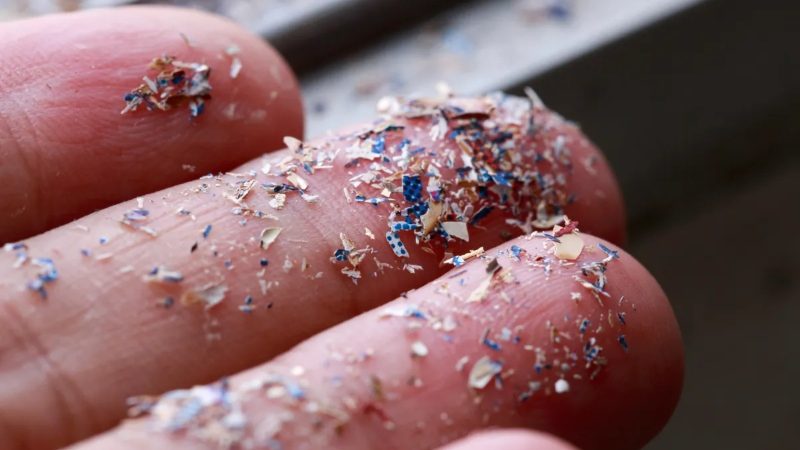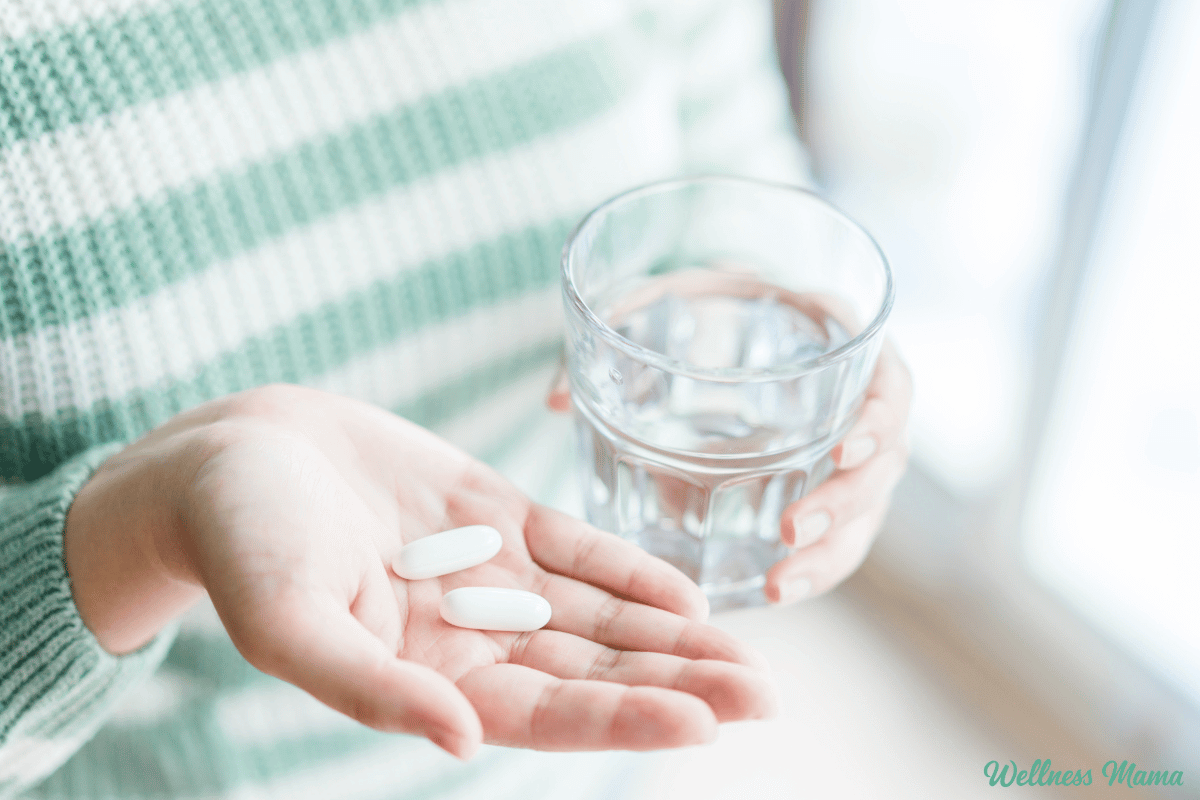
By Jim Morris, Public Health Watch
When we hear about the global plastics crisis, many of us think, understandably, of seabirds entangled in six-pack rings and beached whales whose bellies are filled with marine debris.
Awful images. But what about the effects on humans?
They’re bad, it turns out – just not as visible.
In an editorial to be published tomorrow in the New England Journal of Medicine, Dr. Philip Landrigan, director of the Program for Global Public Health and the Common Good at Boston College, points to a new study by Italian scientists that ties micro- and nanoplastics — easily ingested or inhaled breakdown products of plastics — to cardiovascular disease. (Microplastics are particles less than 5 millimeters long; nanoplastics are invisible particles of lengths less than 1 micrometer, a unit of measurement 1,000 smaller than a millimeter).
The researchers followed 312 patients who underwent a procedure known as carotid endarterectomy, in which plaque in one or both of the carotid arteries in the neck is removed to deliver more blood to the brain and reduce the risk of stroke. Micro- and nanoplastics were found in the plaque excised from 58% of these patients, Landrigan writes, putting them at significantly elevated risk of non-fatal stroke or heart attack, or “death from any cause.”
Landrigan calls this a “breakthrough discovery that raises a series of urgent questions.” The study’s publication comes just weeks before the next convening, in Ottawa, of the United Nations Environment Programme’s Intergovernmental Negotiating Committee, which is developing a legally binding treaty on plastic pollution.
“The plastics crisis has grown insidiously while all eyes have focused on climate change,” Landrigan writes in his editorial. “Like solutions to climate change, resolution of the problems with plastics will require a wide-scale transition away from fossil carbon. The path will not be easy, but inaction is no longer an option.”
The path will be bumpy indeed. Most plastics are made from petrochemicals, which are themselves made from fossil fuels: oil, gas and coal. As demand for fossil-based energy declines, the petrochemical industry is betting its future on plastics. It will not go away quietly.
The American Chemistry Council, the chemical industry’s main trade association, maintains that the plastics crisis can be blunted by advanced recycling technologies that “take used plastics and break them down to serve as the building blocks for new products, including new plastics.”
In a report last month, however, the Center for Climate Integrity, an advocacy group, said that “Big Oil and the plastics industry have deceptively promoted recycling as a solution to plastic waste management for more than 50 years, despite their long-standing knowledge that plastic recycling is not technically or economically viable at scale.”
Landrigan told Public Health Watch that the groundbreaking Italian study “raises the stakes” in the debate over plastics, the use of which is expected to nearly triple by 2060. Negotiators in Ottawa, he said, had “damn well better do something.”
—
This article was originally published by Public Health Watch, a nonprofit investigative news organization. Find out more at publichealthwatch.org . 
***
You Might Also Like These From The Good Men Project
 Compliments Men Want to Hear More Often
Compliments Men Want to Hear More Often  Relationships Aren’t Easy, But They’re Worth It
Relationships Aren’t Easy, But They’re Worth It  The One Thing Men Want More Than Sex
The One Thing Men Want More Than Sex  ..A Man’s Kiss Tells You Everything
..A Man’s Kiss Tells You Everything Join The Good Men Project as a Premium Member today.
All Premium Members get to view The Good Men Project with NO ADS. A $50 annual membership gives you an all access pass. You can be a part of every call, group, class and community. A $25 annual membership gives you access to one class, one Social Interest group and our online communities. A $12 annual membership gives you access to our Friday calls with the publisher, our online community. A complete list of benefits is here.
—
Photo credit: Public Health Watch
The post ‘Breakthrough’ Study Ties Microplastics to Strokes, Heart Attacks appeared first on The Good Men Project.
Original Article










